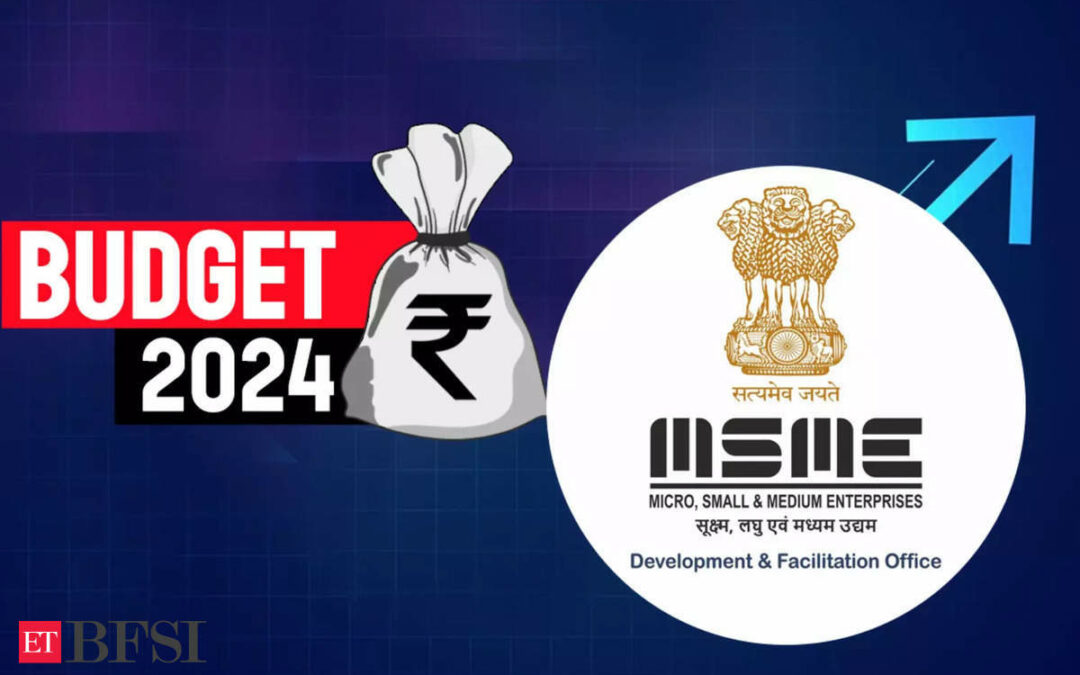The Union Budget 2024-25 has introduced several initiatives to strengthen the Micro, Small, and Medium Enterprises (MSME) sector, including a credit guarantee scheme aimed at facilitating term loans for purchasing machinery and equipment without collateral or third-party guarantees in the manufacturing sector. Other measures include mechanisms for stressed MSMEs to access credit and the establishment of e-commerce export hubs through public-private partnerships.
The newly announced credit guarantee scheme for MSMEs in manufacturing will operate by pooling the credit risks of these entities. A self-financing guarantee fund will provide guarantee cover up to Rs 100 crore for each applicant, with the loan amount potentially being larger. Borrowers will need to pay an upfront guarantee fee and an annual fee based on the reducing loan balance.
Additionally, the government will support credit availability for “stressed” MSMEs flagged under “special mention account” status through a guarantee from a government-promoted fund. This initiative aims to prevent these MSMEs from entering the Non-Performing Asset (NPA) stage, allowing them to continue operations. The limit for Mudra loans has also been doubled to ₹20 lakh for entrepreneurs who have previously availed and successfully repaid loans under the ‘Tarun’ category.
To improve access to credit for a broader range of MSMEs, public sector banks have been instructed to develop their own in-house capabilities for assessing credit eligibility. This move is expected to enhance the traditional assessment mechanisms, which typically rely on asset and turnover criteria.
TReDS platform
To unlock working capital for MSMEs by converting trade receivables into cash, the turnover threshold for mandatory onboarding onto the Trade Receivables Discounting System (TReDS) platform will be reduced from ₹500 crore to ₹250 crore. This adjustment is expected to bring 22 more Central Public Sector Enterprises (CPSEs) and 7,000 additional companies onto the platform.
The Small Industries Development Bank of India (SIDBI) has been directed to open new branches to extend its reach to all major MSME clusters within three years, with 24 new branches planned for this year. This expansion aims to provide direct credit to MSMEs, further bolstering their growth and development.
In an effort to help MSMEs and traditional artisans capitalize on international demand, the government plans to establish e-commerce export hubs in collaboration with the private sector. Financial support will also be provided for the creation of 50 multi-product irradiation MSME units and 100 food quality and safety testing labs with NABL accreditation.











